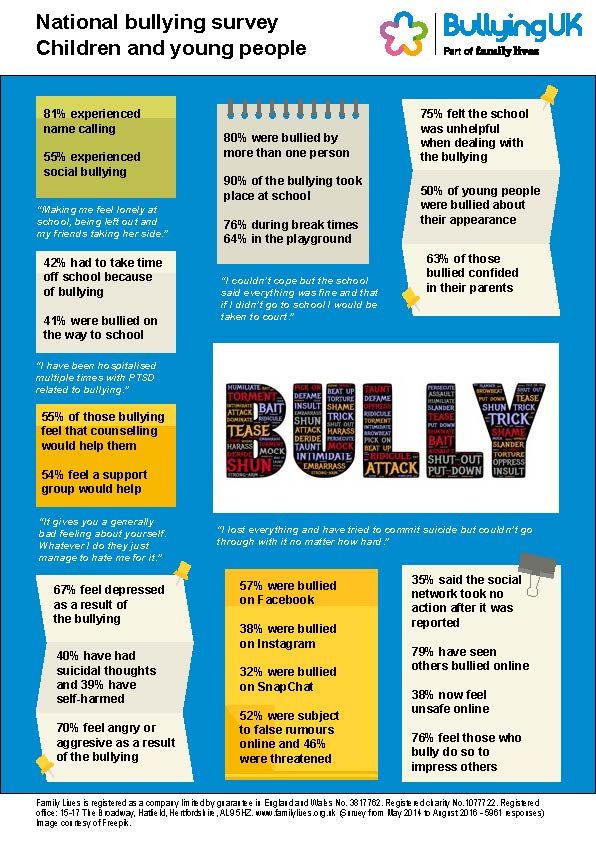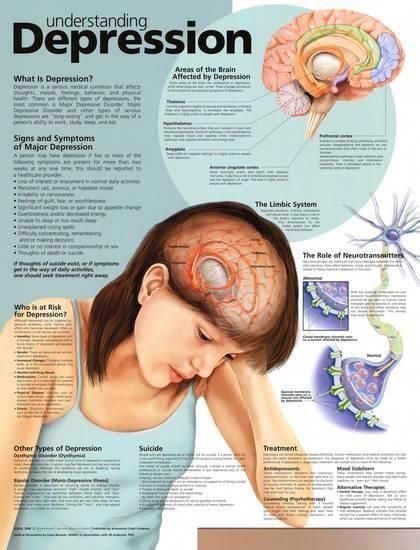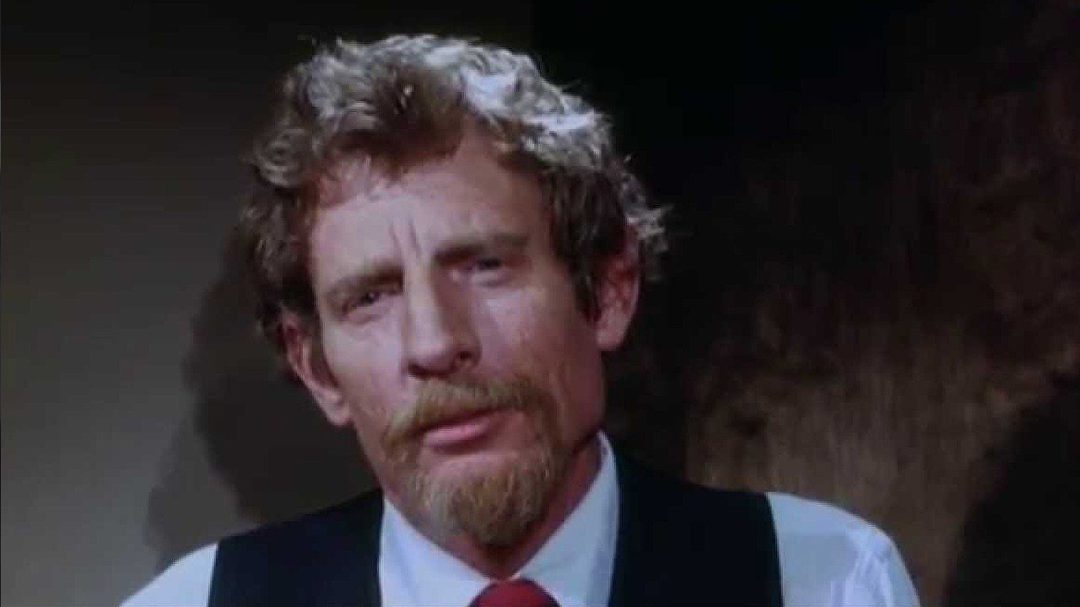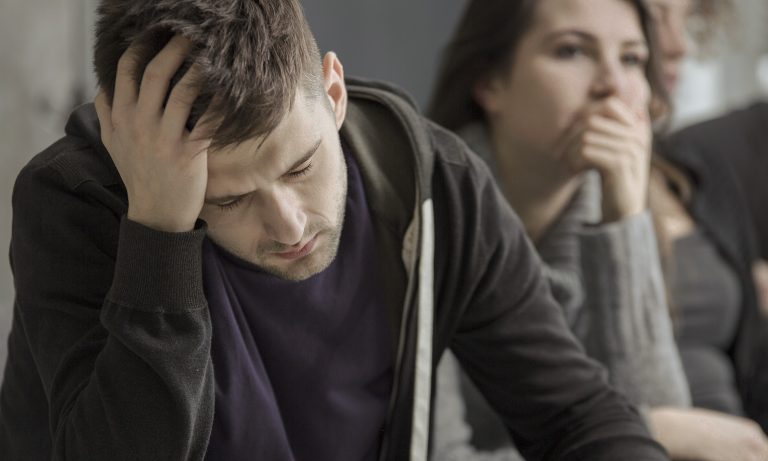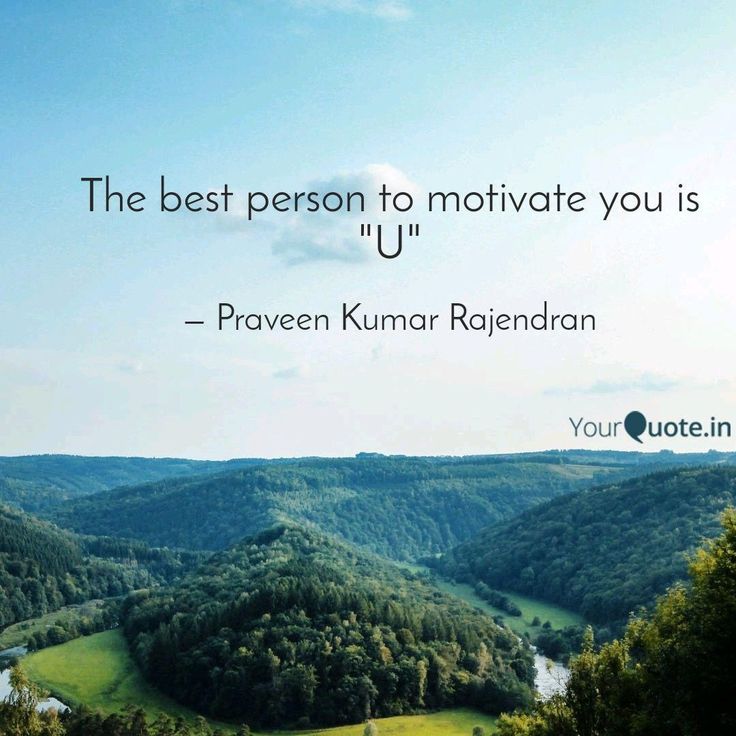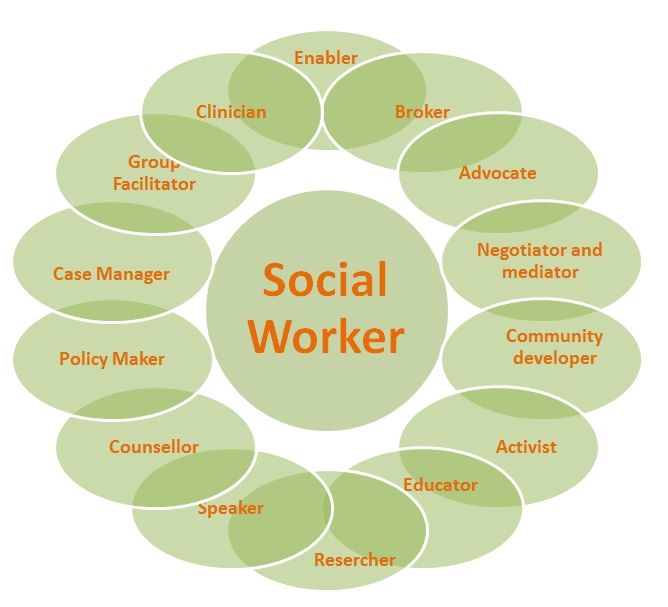Paralysed by anxiety
Physically or Emotionally Paralyzing Anxiety
If you sometimes feel paralyzed by fear, you’re not alone. Paralysis is one of the ways our body responds to stress, and there’s ways to manage it.
Living with anxiety engages your autonomic nervous system (ANS), also known as the fight, flight, or freeze response.
The “freeze” response can feel like paralysis — physical, emotional, or cognitive.
If you’re feeling this way, there’s nothing wrong with you. It’s a natural response, and it’s possible to manage it.
With the freeze response, you may not be paralyzed from a medical standpoint, but it can sure feel like it.
Under high stress, the amygdala (the brain’s “fire alarm”) signals your hypothalamus to secrete stress hormones, like cortisol and adrenaline, which activates the freeze response, explains Gaby Balsells, a clinical psychologist in Stamford, Connecticut.
“The danger feels so high, it goes beyond our capacity to tolerate stress, so it’s like our nervous system goes offline or shuts off. We’re able to survive but not fully function. It’s the equivalent to playing dead in the animal world,” she explains.
Anxiety can seemingly paralyze different parts of your body, including:
- Arms: heaviness, inability to move them
- Legs: stuck in place, inability to walk away
- Speech: going mute, difficulty finding words
- Cognition: inability to process incoming information
In addition to physical symptoms, anxiety can also be emotionally paralyzing, keeping you from moving forward in a specific area of your life.
This could manifest as a comorbid condition or relational style in some cases.
Some examples include:
- Agoraphobia: fear of leaving your home
- Health anxiety: may prevent you from going to doctor appointments
- Driving anxiety: may prevent you from seeing your loved ones
- fear of intimacy with others
There are many possible scenarios, but these are a few examples.
Also known as “analysis paralysis,” this is not a formal diagnosis but could fall under the umbrella of anxiety symptoms.
Some 2021 research suggests that the freeze response may be an evolutionary adaptation to help you gather more information and prepare for later action.
When you feel stuck about a choice, it signals that you’re in fight-or-flight mode, and all nonessential systems have shut down.
Once your nervous system is calmer, your “higher mind” (like your prefrontal cortex) will have a chance to reengage so that you can come to a rational conclusion.
When you’re ready to “thaw,” a combination of approaches may help.
Diaphragmatic breathing
Deep belly breathing engages your parasympathetic nervous system, also known as your rest-and-digest state.
You may find it helpful to try box breathing, says Victoria Smith, a licensed clinical social worker in El Segundo, California.
It works like this:
- inhale for 4
- hold for 4
- exhale for 4
- hold for 4
“Our breath is the most direct tool to connecting with our nervous system. I often practice breathing exercises with clients who are outside of their window of tolerance,” she says.
I often practice breathing exercises with clients who are outside of their window of tolerance,” she says.
What’s the window of tolerance?
The window of tolerance is the zone where you can experience emotions and still manage them, explains Smith. “Once the threshold of our window of tolerance has been crossed, our rational minds take a back seat, and our survival responses take over.”
Grounding exercises
A few grounding exercises may feel useful, including the 5-4-3-2-1 technique.
Try to name:
- 5 things you can see
- 4 things you can feel
- 3 things you can hear
- 2 things you can smell
- 1 thing you can taste
Bilateral stimulation
Tapping exercises may help calm your nervous system, says Smith. This engages both sides of your brain, called bilateral stimulation, a key feature of eye movement desensitization and reprocessing (EMDR) therapy for trauma recovery.
“Place your left hand on your right shoulder and right hand on your left shoulder, and slowly alternate tapping each hand. Notice the sensations in your body, and practice tapping until you feel more grounded,” she explains.
Notice the sensations in your body, and practice tapping until you feel more grounded,” she explains.
Mindfulness practices
Mindfulness-based practices can help you stay in the present moment.
Some ideas include:
- breathwork
- forest bathing
- gardening
- meditation
- tai chi
“It is also important to practice these skills during times when we are not activated. That way, when we are flooded with adrenaline or cortisol, we can access them more easily because we have done them before,” says Courtney Burns, a licensed therapist in Portland, Oregon.
Physical movement
In his work, psychologist Dr. Peter Levine observes how wild animals “shake off” distressing experiences after being frozen in the fear response or playing dead.
You may find it helpful to incorporate a similar practice into your routine, says Burns. “Physical movement like dance, shaking, and yoga can also help address the central nervous system response.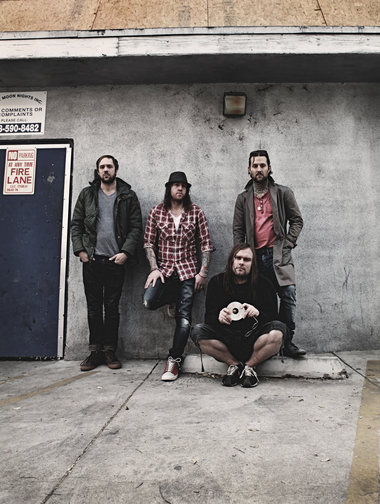 ”
”
Therapy
Therapy can help you safely explore your triggers and build distress tolerance. For some, an intense stress response could result from past negative experiences.
“Working to heal past trauma may help make sense of this trauma response. Work with a therapist or healer to reconnect with your body and learn to soothe your fear and anxiety,” says Balsells.
Anxiety paralysis is real. Your experience is valid.
The freeze response can manifest as physical symptoms, emotional challenges, and difficulty making decisions, but there is hope.
Grounding techniques, lifestyle changes, and finding professional support can all help.
6 Things You Can Do When Feeling Paralyzed by Anxiety — Dynamic Healing Psychotherapy
Written By Ann Krajewski, PsyD
Takeaway: Feeling paralyzed by anxiety can feel debilitating.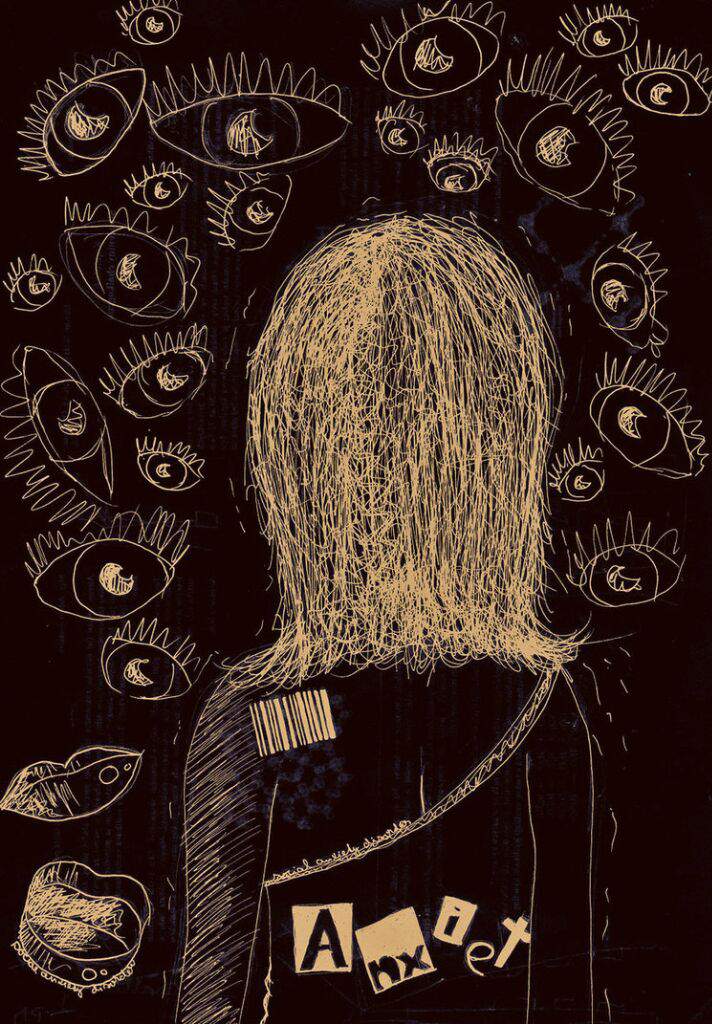 It can hold you back from living your life in many ways. In this post, I will talk about potential reasons you feel paralyzed. I will also share ways you can try to manage when you feel frozen.
It can hold you back from living your life in many ways. In this post, I will talk about potential reasons you feel paralyzed. I will also share ways you can try to manage when you feel frozen.
What are symptoms related to feeling paralyzed with anxiety?
Why am I feeling paralyzed by anxiety?
What ways can emotional paralysis impact me?
What can I do when I’m paralyzed with anxiety and fear?
How can therapy help me when I often feel paralyzed by fear and anxiety?
It is the end of the weekend and you have a bad case of the Sunday scaries.
You are sitting on the couch stressed by all the things you have to do this week. Your mind keeps replaying all the things you have failed to do over the weekend.
You begin to beat yourself up for not being more productive. Your fear of failure of the future things you need to do skyrockets. You feel frozen. You can’t get out of bed. You feel like you can’t move because all you can think about are your failures and the ways you don't measure up.
You feel frozen. You can’t get out of bed. You feel like you can’t move because all you can think about are your failures and the ways you don't measure up.
All you want to do is be able to enjoy your last bit of freedom and relaxation. You want to go for a walk, bake cookies, or go to that workout class. But instead you feel crippled by anxiety. You scroll your phone or put on a tv show to try and avoid your thoughts. The next thing you know, it's 5 pm and you feel like you wasted your day.
This is one example of what it can feel like to be paralyzed by anxiety.
If you struggle with anxiety, there may be times where you feel paralyzed to the point it is hard to do anything. This may increase your sense of frustration at yourself. You know there are so many things you need to get done but can’t help but feel stuck in place. It feels like you can’t move. Or you feel like crawling into a hole and hiding from the world. Your thoughts are telling you all that you need to do and why, but you can’t get off the couch.
All you know is that you want this to stop. It is keeping you from doing things that are important to you but you aren’t sure where to start.
Hi, I’m Dr. Ann Krajewski, a Therapist in Arlington, VA. In this post, I’ll talk about what it feels like to be paralyzed with anxiety, potential reasons you struggle with paralyzing anxiety, what to do about it, and how therapy can help.
Symptoms Related to Feeling Paralyzed with AnxietySome of the symptoms that can come along with feeling paralyzed by anxiety and fear are:
Social withdrawal
There are also physical symptoms that could go with feeling paralyzed by anxiety:
Muscle Tension
Restlessness
Muscle Twitching
Sweating
Shortness of Breath
Nausea
Upset Stomach
Headaches
Lightheadedness
Insomnia
Fatigue
Feeling paralyzed by anxiety can be caused by several factors and is not from one thing.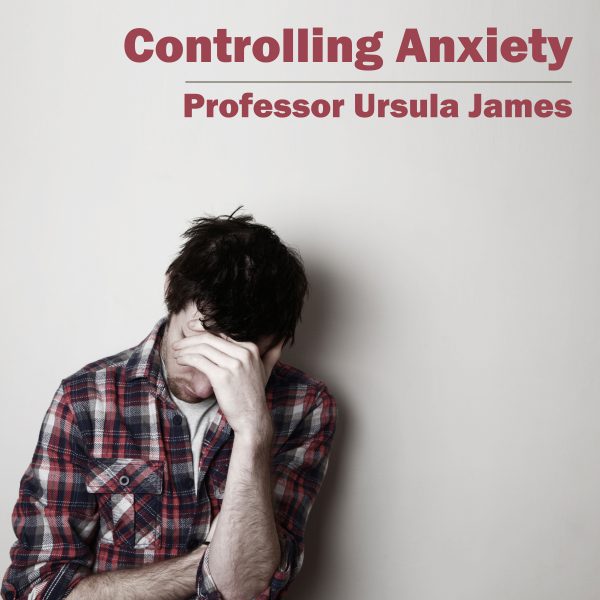 Some potential reasons you might be feeling frozen could be any of the following.
Some potential reasons you might be feeling frozen could be any of the following.
Anxiety and Trauma Disorder
Having an Anxiety or Trauma disorder can increase the chances of you feeling paralyzed anxiety, as your anxiety and fear responses are higher.
Perfectionism
Perfectionism causes you to feel a pressure to be perfect. You become very hard on yourself when you haven't met your high standards. People often think that perfectionism is only when you are a overachiever that is constantly working towards their goals. However, some people who struggle with perfectionism may actually struggle with the opposite. They feel paralyzed by their perfectionism. Oftentimes people may label this as procrastination. They get overwhelmed and crippled by fear of not achieving the perfection that they want and then are paralyzed by this anxiety and fear.
Inner Critic
Having a strong inner critic often goes along with perfectionism.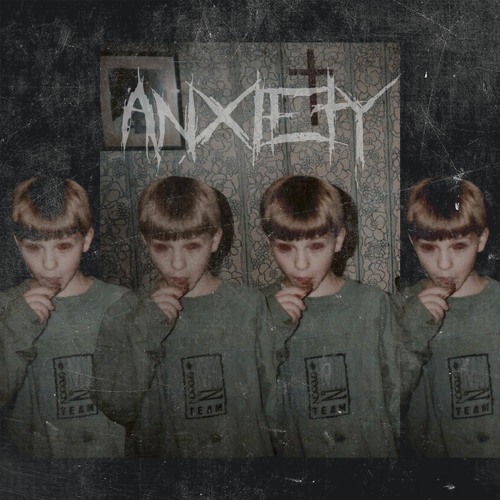 This is where you have a part of yourself that is never happy with anything you do. That part of you is constantly finding ways in which you don’t measure up and never letting you forget about it.
This is where you have a part of yourself that is never happy with anything you do. That part of you is constantly finding ways in which you don’t measure up and never letting you forget about it.
This voice can become so loud that it is suffocating. Most of the time this part of you believes that beating yourself up will help you achieve your goals and will keep you safe. But at the end of the day all it is doing is perpetuating internal pain. So the anger towards yourself can actually make you more fearful and paralyzed.
Sympathetic Nervous System (Fear Response)
When your mind and body detect danger, it activates your sympathetic nervous system, which is your body's fear response. It activates all of your body's systems in order to be prepared to protect itself from this danger. This could be through fighting the danger, fleeing, or by freezing. Others also say there is a fourth response – fawning, which is similar to pleasing people.
When it comes to feeling paralyzed by anxiety and fear, this could be your body's flight or freeze response. Either you are running away from what scares you by avoiding tasks, or you are freezing. Oftentimes people think of physical danger when they think of fear responses. You are being chased by a dog, or someone is physically attacking you. BUT there are other fearful events that can cause this effect as well.
Either you are running away from what scares you by avoiding tasks, or you are freezing. Oftentimes people think of physical danger when they think of fear responses. You are being chased by a dog, or someone is physically attacking you. BUT there are other fearful events that can cause this effect as well.
For example, social rejection is experienced in the brain the same way that physical pain is felt in the brain. So, if you are feeling paralyzed by anxiety when it comes to trying to make new friends, it could be because your brain detects this as a danger and is trying to protect you by freezing or avoiding. Or you have been avoiding applying for that new job because your inner critic is telling you that you will be rejected.
The way we think about our environment has a huge impact on our fear response.
ADHD
ADHD impacts your executive functioning, which involves our ability to get things done. So if someone has ADHD and has a task they need to do, they may feel an overwhelming sense of paralysis around starting, organizing or following through on a task.
In Relationships
Feeling paralyzed by stress, anxiety, and fear can have a real impact on your day to day life. It can impact your ability to make and keep friends, because you might feel paralyzed when reaching out, or keeping up with friendships. You might think about making new friends, or you might think about reaching out to hang out, but when you do, you feel paralyzed and can’t seem to send that text. Or can’t seem to say hello to that person. You might also feel this in romantic relationships as well.
At Work
If you have ever stared at your computer looking at the task you need to complete but can’t seem to get yourself to do it, you know that it can really impact your ability to work. You might put things off until the last possible moment, which means your work quality might be lower than you are actually capable of.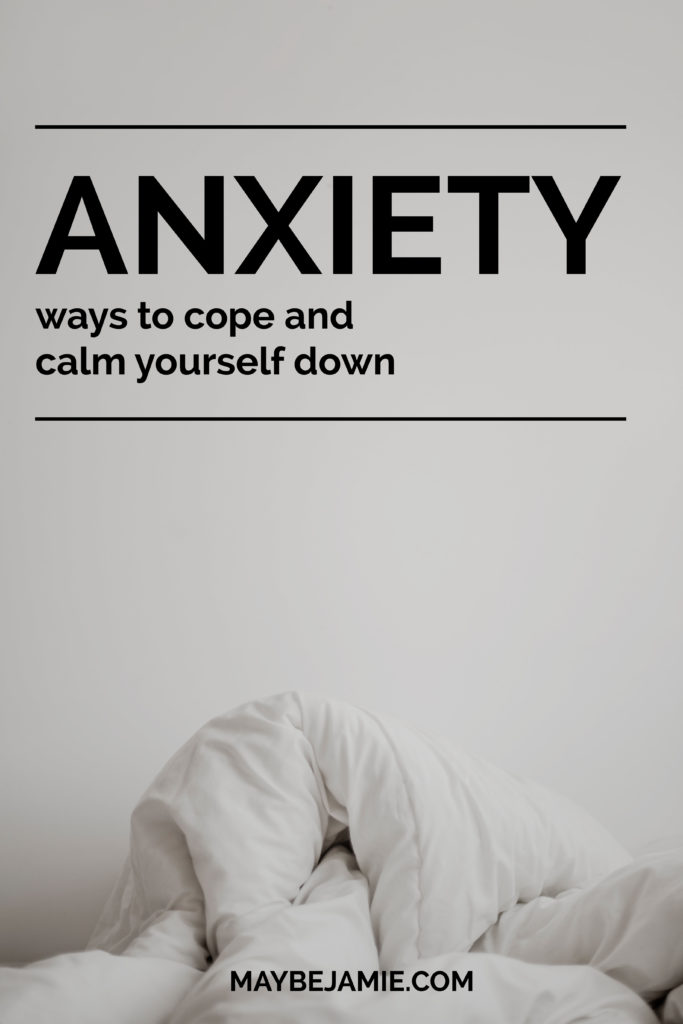 Or you might have to ask for extensions, which might frustrate your coworkers.
Or you might have to ask for extensions, which might frustrate your coworkers.
Self-Care
You could struggle with taking care of yourself. You might lay in bed all day instead of doing the things that actually will help you feel rejuvenated.
Keeps You From Reaching Your Goals
Your goal might be to travel the world, or get that promotion, or be married. But when you actually think of doing those things, you freeze up and can’t seem to do them. This means you aren’t able to move in the direction you are wanting.
What To Do When You’re Paralyzed with Anxiety and FearSince feeling paralyzed with fear and anxiety is both a bodily and mental response, trying to find ways to take care of these two aspects can help you get unstuck.
I want to note that figuring out tools to help manage your symptoms can require a trial and error approach. Sometimes tools need some practice and so they won’t help right away.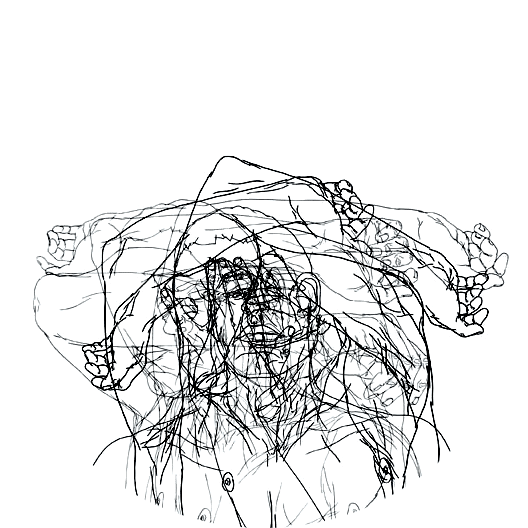 Giving yourself time to learn and practice can help. Also, sometimes tools aren’t enough and that can be a sign to reach out for professional support.
Giving yourself time to learn and practice can help. Also, sometimes tools aren’t enough and that can be a sign to reach out for professional support.
Mindfulness Meditation
Mindfulness is all about awareness and acceptance. It is about being reconnected to the present moment. Mindfulness is often practiced in meditation sessions where you are focusing on your breath and how it feels in your body. When thoughts or feelings pop up – you recognize them and then shift back to your breathing.
While one practices how to be mindful through these medications, the point is to be able to be mindful throughout your day. The goal is to be able to observe your thoughts and feelings without getting caught up in the spiral. So starting a mindfulness meditation practice can help you get connected with the present moment when the sense of paralyzing anxiety sets in.
Instead of getting caught up in the thoughts and feelings that are causing you to feel crippled and frozen, you can practice noticing them, letting them go, and refocusing on the present moment.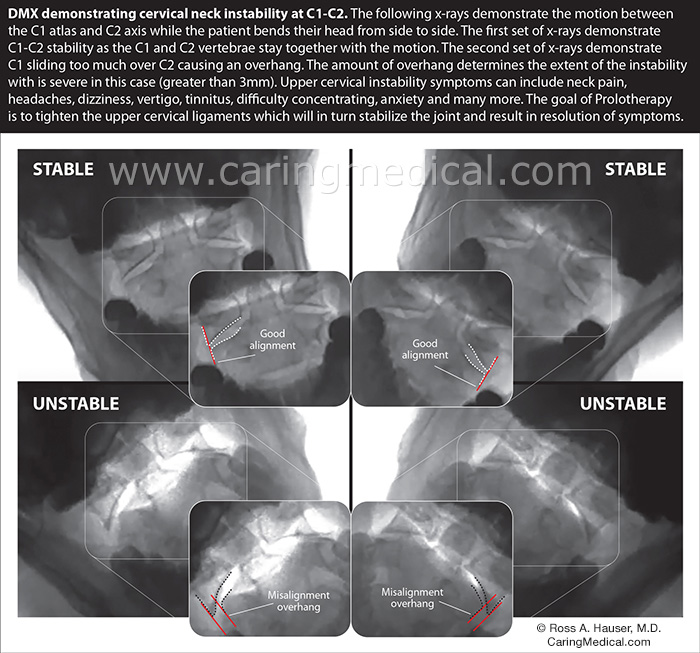 The present moment you are in is often not the scary place that your mind is trying to take you. Learning to reconnect to the present moment can help calm your brain and body down.
The present moment you are in is often not the scary place that your mind is trying to take you. Learning to reconnect to the present moment can help calm your brain and body down.
Here are some great videos to watch that help describe mindfulness:
Soothing Your Inner Child
Similar to meditation, self-soothing practices can help calm your mind and body down. I think approaching self-soothing through a lens of inner child work can be helpful.
When you feel really paralyzed by fear and anxiety, imagine your inner child. This part of you is often the part that is feeling vulnerable and terrified of being rejected, failing, or being hurt in some way. Once you are able to imagine this part of you, the next step is to try and find ways to take care of or soothe this inner child.
When a child is scared, you wouldn’t yell and verbally beat up that child would you? So why would you do that to yourself? Maybe you had parents who did verbally abuse you or talked very critically whenever you felt scared and went to them for support. This is probably where you learned to talk to yourself that way.
This is probably where you learned to talk to yourself that way.
So learning to reparent your inner child by responding in a more compassionate and soothing way can be a wonderful step towards learning to take care of yourself when emotions are high.
Some ways you can try and soothe yourself when feeling paralyzed are:
Deep Breathing
Stretching
Drinking Warm Tea
Taking a Warm Bath
Go Out for a Walk
Mind/Body – Yoga, Walking, Dancing
Physically moving your body when you feel paralyzed can be great to help regulate your body. I think yoga, walking or dancing are wonderful ways to try and manage when you feel paralyzed. It can boost your mood and release physical tension that is built up in your body. Yoga can be a great way to practice meditation as well. There are so many free resources on YouTube that you can check out.
There are so many free resources on YouTube that you can check out.
Understand What Your Thoughts Are and Challenging Them
When you are starting to notice that you feel paralyzed, it can be helpful to journal your thoughts on paper so you can understand what is coming up for you. Maybe you have an upcoming presentation at work and all you can think about is how your boss hates you and that you can never do anything right.
Being able to look at these thoughts can help you begin to challenge them. Does your boss really hate you? What makes you think that? Could you be wrong? Could there be another way to interpret the situation? Could you and your presentation have value to offer even if it isn’t perfect? Asking yourself questions to try and challenge the fearful thoughts can be helpful.
2 Minute Rule/ Small Steps
When feeling paralyzed by an activity, something that can be helpful is setting a timer for 2 minutes and getting yourself to do that activity for just that two minutes.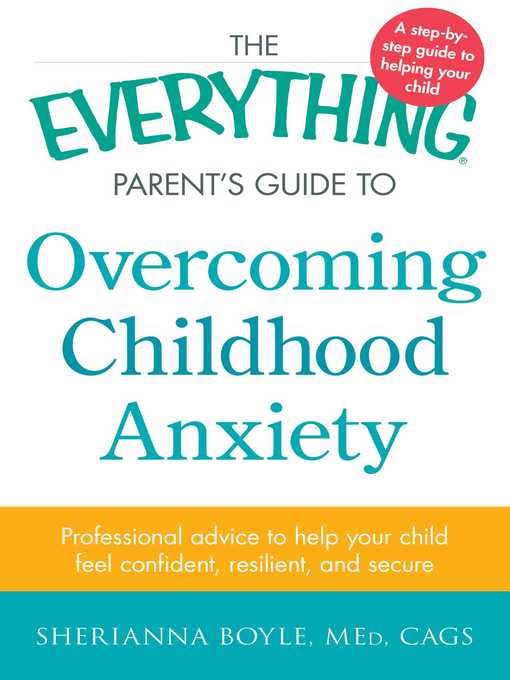 Oftentimes when you get yourself to at least start the activity you are paralyzed by can help you get unstuck. Also breaking something into small steps can help reduce the anxiety and fear in your mind. So instead of seeing your messy house as a whole, only focus on one area, like the kitchen counter.
Oftentimes when you get yourself to at least start the activity you are paralyzed by can help you get unstuck. Also breaking something into small steps can help reduce the anxiety and fear in your mind. So instead of seeing your messy house as a whole, only focus on one area, like the kitchen counter.
Mantras
Mantras are a great way to help when you feel paralyzed. Finding a mantra you can repeat to yourself to help calm yourself down is a helpful way to try and get unstuck. For example, if you notice you are starting to feel paralyzed about going to the grocery store out of social anxiety, repeating to yourself “I am safe in this present moment. My value is not based off what others think of me.”
How can therapy help when you regularly feel paralyzed by fear and anxiety?Therapy can help you work through a variety of issues, including feeling paralyzed by anxiety. If you are trying to manage your paralyzing anxiety on your own but it doesn’t seem to work, it may be time to reach out for help.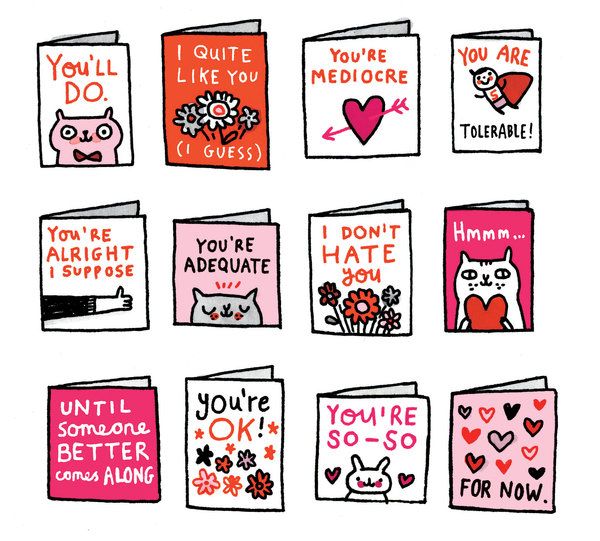 Oftentimes, debilitating anxiety that causes you to feel paralyzed is caused from a deeper issue that therapy can help you resolve.
Oftentimes, debilitating anxiety that causes you to feel paralyzed is caused from a deeper issue that therapy can help you resolve.
I often encourage people to reach out for help before your concern progresses into something more difficult to manage. Some people may want to reach out earlier than later, while others reach out after they have exhausted all the self-help tools they can find.
Reaching out for therapy can be hard and people often feel that their problems aren’t big enough to ask for help. This isn’t true and you deserve to find support that helps you through the issues you are experiencing.
Some types of therapy that could help you through feeling paralyzed with anxiety and fear are:
Cognitive Behavioral Therapy (CBT) - CBT looks at the automatic thoughts you have and how they impact your behavior. They utilize a variety of tools to help you become aware of your automatic thoughts and then to figure out how to challenge these thoughts so you can begin to experience different feelings and behaviors.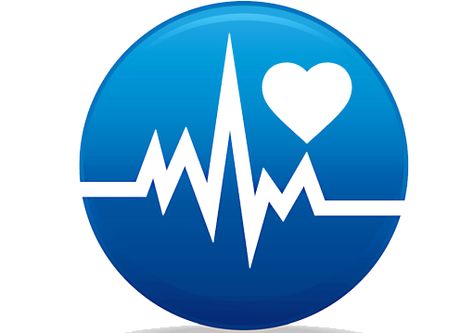 This could help you challenge the thoughts that cause you to feel paralyzed in the first place.
This could help you challenge the thoughts that cause you to feel paralyzed in the first place.
Acceptance and Commitment Therapy (ACT) ACT is aimed at helping you accept your thoughts and feelings rather than trying to fight them. ACT utilizes a variety of tools that are often based in mindfulness. This modal could help you learn to accept and let go of struggling with your inner critic and perfectionism so that you do not get stuck in the emotional paralysis.
Dialectical Behavioral Therapy (DBT) DBT is another modal that is based in mindfulness. DBT wants to hold the tension between accepting oneself as you are and needing to change unhelpful behaviors or feelings. DBT has four pillars: Mindfulness, Distress Tolerance, Emotion Regulation, and Interpersonal Effectiveness. This modal could help you find tools and skills to help regulate the emotions and thoughts that cause you to feel frozen.
Psychodynamic Therapy – Psychodynamic therapy is all about understanding how the past is impacting your current circumstances. It’s goal is to unpack unconscious and conscious dynamics that cause you to feel stuck. It is less structured than the other modalities described above. This type of therapy could help you heal and grow from the deeper emotional wounds that reinforce the thoughts and feelings that cause you to feel paralyzed from fear and anxiety.
It’s goal is to unpack unconscious and conscious dynamics that cause you to feel stuck. It is less structured than the other modalities described above. This type of therapy could help you heal and grow from the deeper emotional wounds that reinforce the thoughts and feelings that cause you to feel paralyzed from fear and anxiety.
Emotion Focused Therapy (EFT) – EFT is based in attachment theory and the understanding that your emotions are a powerful tool in navigating the world. EFT can help you understand your emotions and learn what they are communicating to you, so that you can use emotions as helpful data rather than something to avoid.
Feeling paralyzed with anxiety and fear can have a big impact on your life. It can keep you from living life in a meaningful and fulfilling way. This doesn’t have to be your story. Finding ways to take care of your anxiety and fear is a helpful first step. Don’t hesitate to reach out to a therapist in your area if you are finding you want more support in your journey.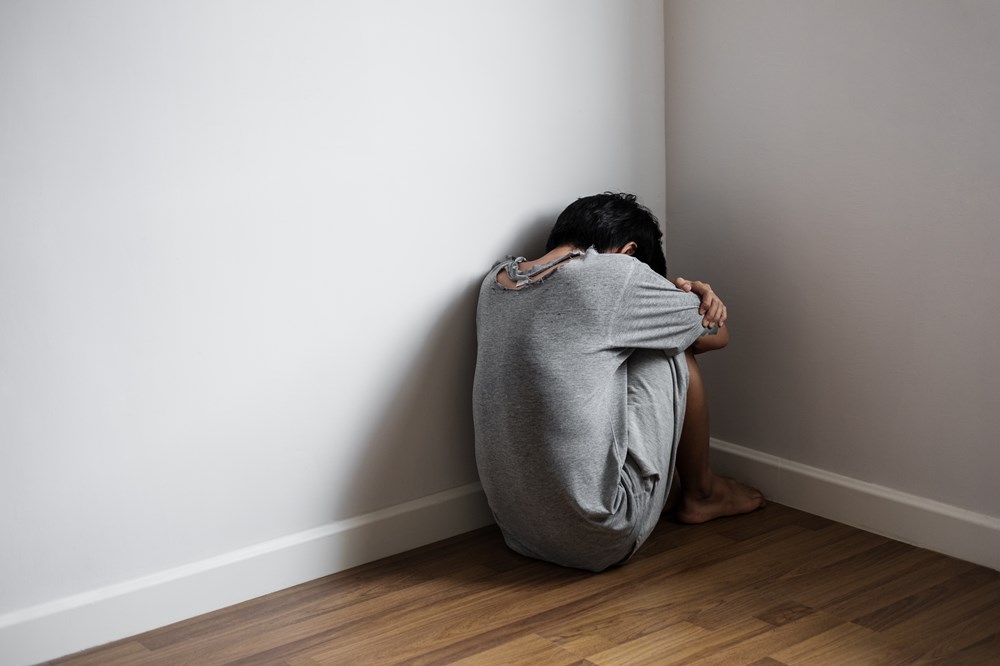
I am a PsyPact provider, which means I am authrozied to provide treatment to individuals in the following states:
Alabama, Arizona, Arkansas, Colorado, Delaware, District of Columbia, Georgia, Illinois, Kansas, Kentucky, Maine, Maryland, Minnesota, Missouri, Nebraska, Nevada, New Hampshire, New Jersey, North Carolina, Ohio, Oklahoma, Pennsylvania, Tennessee, Texas, Utah, Virginia, West Virginia, and Wisconsin
If you are in Arlington, VA or live in one of the staes above and would like to learn ways therapy can help you overcome feeling paralyzed by anxiety, reach out to me today.Ann Krajewski, PsyD
How to cope with anxiety and panic: practical advice from a psychologist - IA Realist: news and analysis
MOSCOW (IA Realist) . Today, many of us are exposed to a particularly strong influence of the information field.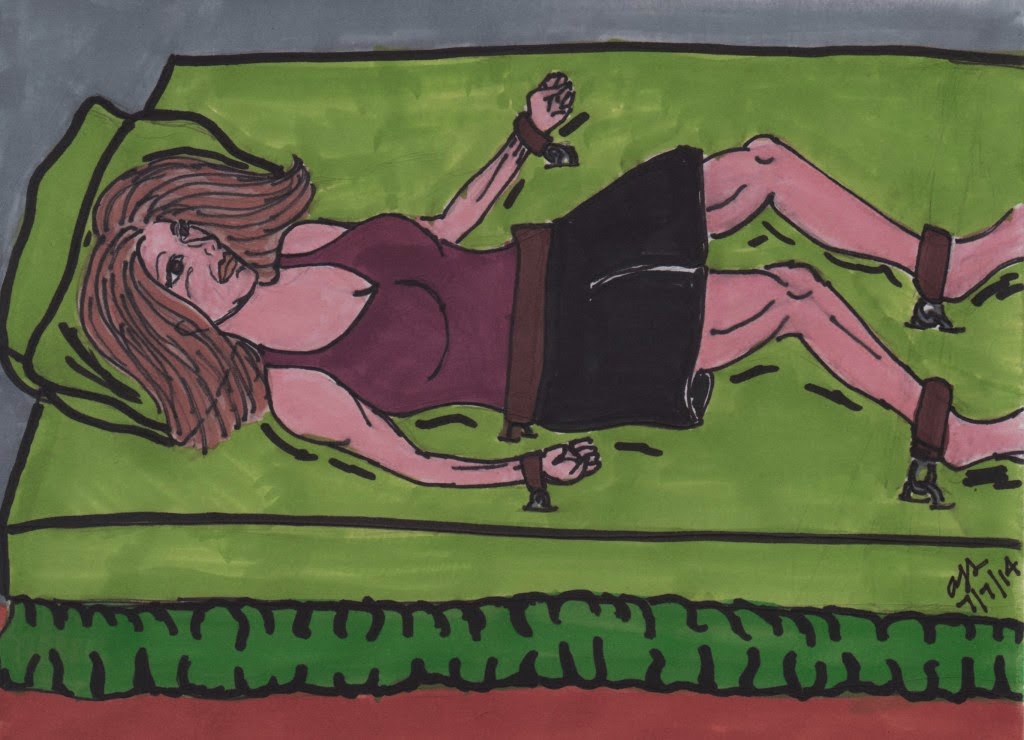 It is normal to experience anxiety and panic, but it is important to be able to quickly stabilize your condition and regain control over your life. Let's talk about how to deal with stressful times.
It is normal to experience anxiety and panic, but it is important to be able to quickly stabilize your condition and regain control over your life. Let's talk about how to deal with stressful times.
Anxiety is not an absolute evil. Without it, we wouldn't be able to make good everyday decisions, like turning off the iron before leaving the house or paying our rent on time. But in moments of intense emotion, it can be difficult for us to control it so that we can continue to do the right thing without wasting time on ineffective actions.
“Anxiety is a healthy response to a situation of uncertainty. You do not need to fight it, as well as try to calm yourself in the face of a threat. However, if this threat is really real, it is especially important for us not to be “paralyzed” by our emotions and be able to act in critical circumstances,” comments Maria Danina , Candidate of Psychological Sciences, founder of the online school of psychological professions “Psychodemia” .
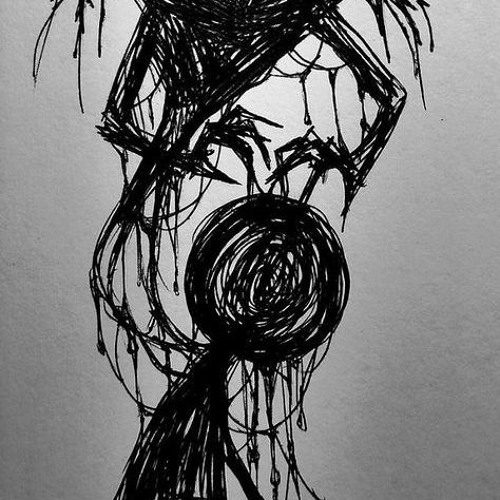
If you want to cope with your condition and return to life, practices with proven effectiveness will help. Let's list some of them.
Focus on what you can control
One of the causes of great anxiety in a situation of uncertainty is the loss of control. It seems to a person that his actions do not affect the situation in any way, and he cannot predict his future. But even in the most confusing circumstances, there is always something that we can control - our actions and choices, our attitude, the order around us. Find something that gives you a sense of control and focus on it. Small and simple actions with a guaranteed result are something you can rely on.
Do the little routines you have planned, even if it seems pointless
Habitual, routine, repetitive is the foundation of our sense of security. By repeating the familiar, we give ourselves a signal that we are fine and our life is stable. If you've been exercising every day or doing your hobbies, don't quit just because now is not the time.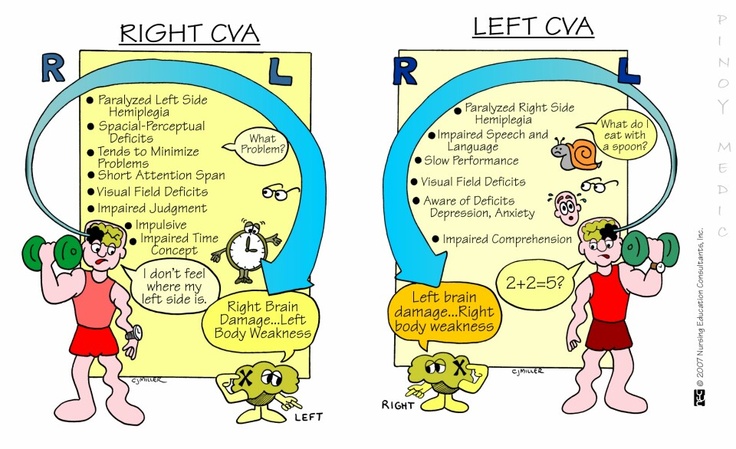 On the contrary, find a routine for yourself that will calm you down and switch your attention.
On the contrary, find a routine for yourself that will calm you down and switch your attention.
Hug your loved one longer than usual
Our close and beloved people are the best sedative and analgesic in one person. Snuggle up to those you appreciate and who are nearby. Arrange a meeting and touch the screen of the one you are separated from. Tactility and connection will calm the nervous system and give you the opportunity to focus on specific important actions and decisions.
Do not try to control anxiety, instead observe its physical manifestations with interest
Trying to reduce or drown out your anxiety can only inflame it more, and fighting with yourself can exhaust you completely. Learn to look at your emotional state as if from the outside - through the eyes of an alien who has found himself in a human body for the first time and must write a detailed account of what it is like to experience anxiety as a human.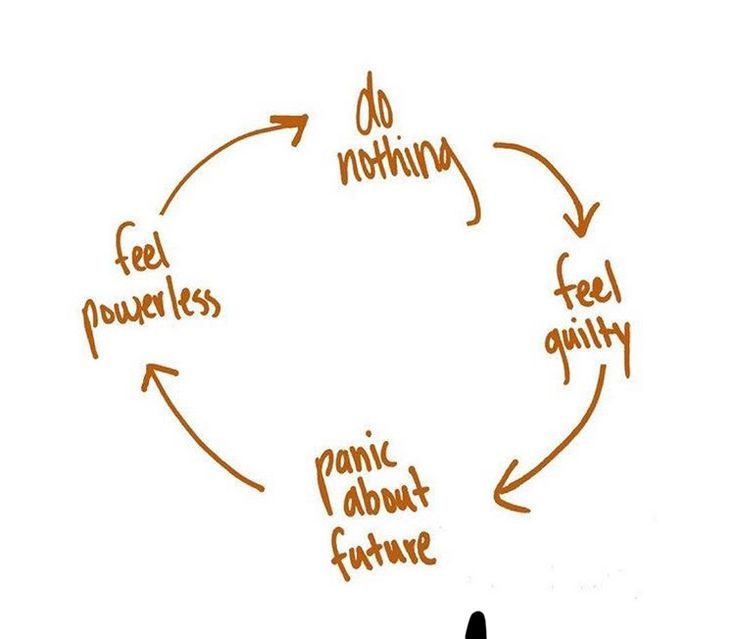
Breathe deeply
Breathing is the main way to control your emotional states. Learning to breathe in a certain way helps reduce the intensity of emotions. To do this, you need to inhale through your nose, and while inhaling, slowly count in your mind to 4. Next, you need to hold your breath and count to 7, then exhale through your mouth, counting to 8. If you are uncomfortable breathing in this rhythm, then you can try system 4/4/6: inhale for 4 counts, hold your breath for another 4 and exhale through your mouth, counting to 6 in your mind. The most important thing is that the exhalation should be longer in time than the inhalations and breath holdings.
This exercise will take at least 2 minutes. For convenience, this time can be measured using a timer. People who are in a state of anxiety begin to breathe faster, which further supports and develops anxiety. That is why it is worth paying attention to making the inhalations and exhalations slow.
Find the meaning of what is happening
It is much easier for us to cope with any kind of experience when we understand its meaning - what it is for us, what it can teach us, what we can extract or understand from what is happening. Look for this meaning on your own or talk to people who understand you, listen to what people you respect think about it. It is not always easy to understand, but the meaning found in the end gives us all much more strength and wisdom.
Information WarfareSocial PsychologyPsychology of the Masses
The Age of Anxiety: How We Became Obsessed with Security
In an effort to prevent possible dangers, we - as individuals and as a society - can literally deprive ourselves of the future. How to face your fears, understand the nature of their occurrence, tells the book by Frank Faranda "The Paradox of Fear", which was published by Alpina Non-Fiction
Last summer, I again experienced a long-forgotten pleasure - riding the waves . I'm not talking about small scallops that are easy to tame, but about the waves that imprint you in the sand and drag you about twenty meters. These are the ones I encountered one early evening at Marconi Beach on Cape Cod, tumbling in the waves with my twelve-year-old son.
I'm not talking about small scallops that are easy to tame, but about the waves that imprint you in the sand and drag you about twenty meters. These are the ones I encountered one early evening at Marconi Beach on Cape Cod, tumbling in the waves with my twelve-year-old son.
The waves on the Marconi coast were already familiar to me. In my twenties, I spent summers on Cape Cod and rode them many times. In those days I was much stronger, but even now, when I returned here at a more mature age, I was seized by the same delight. To my surprise, my son also decided to enter the water. He usually doesn't like riding the waves, but I think he decided to join in the fun. There were people from ten to sixty years old, overwhelmed with delight. I didn't fully realize then that the pleasure I feel riding these waves is due to the proximity of danger, but in hindsight I believe it was.
My son and I were blissful. We rode about six waves each, when suddenly, glancing in the direction of the horizon, we saw that a huge wave was swelling there.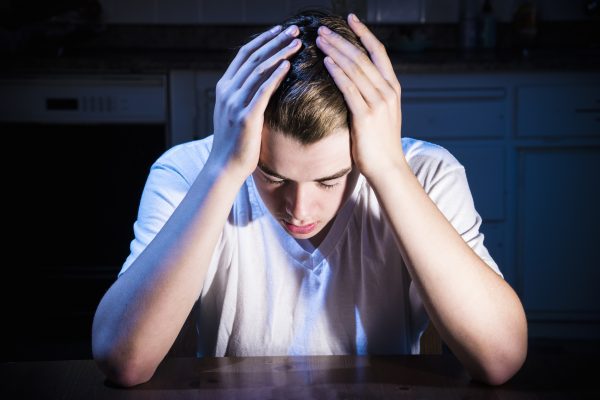 Along with the shaft came such a powerful rollback that it became difficult to move. I looked at my son - he was getting ready to ride the wave. I dived into the wave that hit me and rode it to the beach. She was huge and threw me out with force. When I managed to get up and look around, I saw my wife standing on the beach, pointing at her son. Her words slowly entered my mind: "He's in pain!" She was pointing at something, and I was trying to brush the water out of my eyes to focus my vision. I looked at my son. He stood holding one of his hands with the other. It was then that I saw: the arm was bent at the elbow, but in the wrong direction. I ran up to him and saw a swelling on his elbow. On the face - pain, fear. My excitement turned sour in my stomach, and then I only plunged step by step into a fog of despair and horror.
Along with the shaft came such a powerful rollback that it became difficult to move. I looked at my son - he was getting ready to ride the wave. I dived into the wave that hit me and rode it to the beach. She was huge and threw me out with force. When I managed to get up and look around, I saw my wife standing on the beach, pointing at her son. Her words slowly entered my mind: "He's in pain!" She was pointing at something, and I was trying to brush the water out of my eyes to focus my vision. I looked at my son. He stood holding one of his hands with the other. It was then that I saw: the arm was bent at the elbow, but in the wrong direction. I ran up to him and saw a swelling on his elbow. On the face - pain, fear. My excitement turned sour in my stomach, and then I only plunged step by step into a fog of despair and horror.
A huge part of our resources, personal and medical, is spent on correcting and eliminating the consequences of anxiety and its root cause - fear.
The hand ended up without surgery, and after two difficult months of recovery, the son was healthy again. In the months that followed, my wife and I spoke to him repeatedly about what had happened and how he felt. The only emotion I never admitted was the joy I experienced before the last wave hit. It seemed wrong to associate joy with such a frightening experience. I could not even think of discussing this with my wife, and even more so with my son. However, about a year later, when we were in the car together, the topic surfaced. I don't remember what prompted it, but it just happened. I confessed that riding those waves gave me a joy that I had not experienced in a very long time. We stopped at a traffic light, and I looked back at it anxiously. He turned to meet my eyes. A smile slowly formed on his face and he nodded, “I know. Me too". That's all. Nothing more needed to be said. Although we both knew how that day ended, we could not deny the previous elation.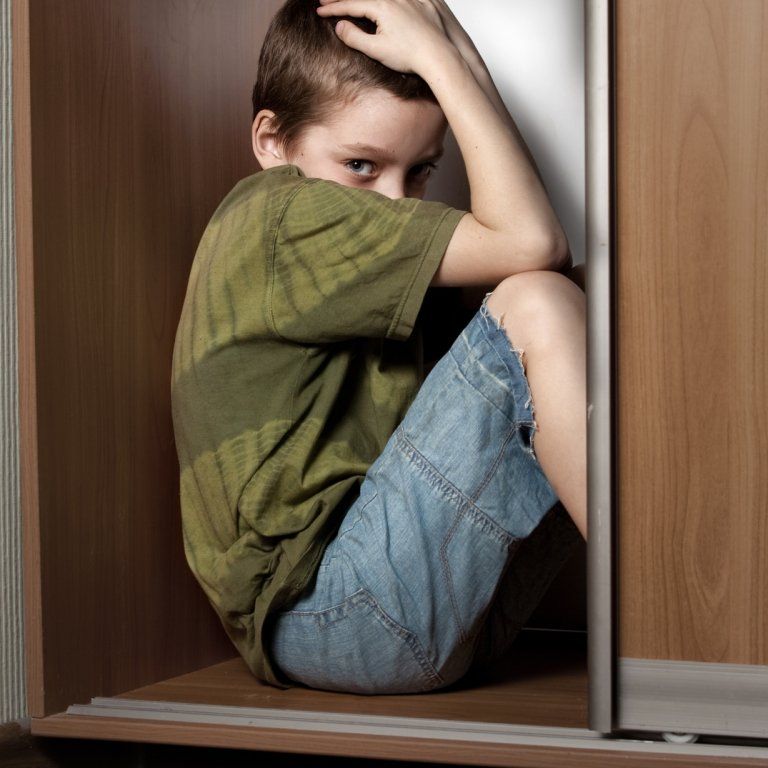 Unfortunately, joy has brought us too close to danger. But why did this happen? Why does joy often overwhelm us when we come close to the border of fear?
Unfortunately, joy has brought us too close to danger. But why did this happen? Why does joy often overwhelm us when we come close to the border of fear?
As humans, fear is a complex, multilevel phenomenon. I began to study it largely because I wanted to uncover these secrets - both for myself and for my patients. As a psychologist, I listened every day to stories about the suffering caused by fear, and I began to understand that fear is a much more devastating feeling than I thought.
Modern paranoia. How fear became our constant companion
Unlike the fears of other animals, human fear takes on strange forms and proportions. Something about the being we evolved into radically changed the role of fear in life, not only in the personal, but also in the historical and social aspects. For us, fear is often no longer a reliable ally in the struggle for survival, as for other animals, but something that we protect ourselves from.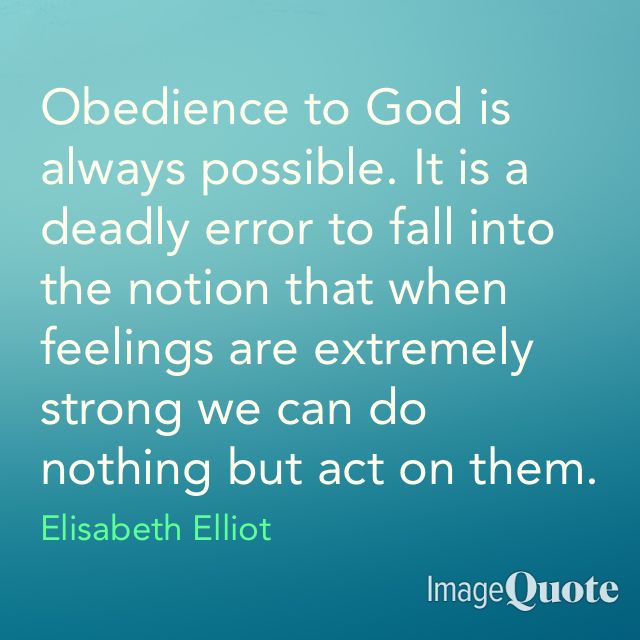
In 1933, Franklin Delano Roosevelt warned us about fear. He delivered the now famous words in his first inaugural address to a nation paralyzed by despair and yearning for hope. Recovery from the economic collapse of the city stalled, and Roosevelt knew that in order to get out of the economic quagmire, the country must recognize the emotional underpinnings of this collapse. Roosevelt understood that fear played an important role in both despair and recovery potential. He knew that fear was crippling and destructive at times, even if the sense of impending danger was ultimately irrational. Roosevelt very eloquently described this when he said: “...Let me express my firm conviction that the only thing we should be afraid of is fear itself, nameless, reckless, causeless horror, paralyzing the efforts necessary to turn a retreat into an offensive. ".
The paralysis that Roosevelt spoke of has been experienced by most of us at some point in our lives.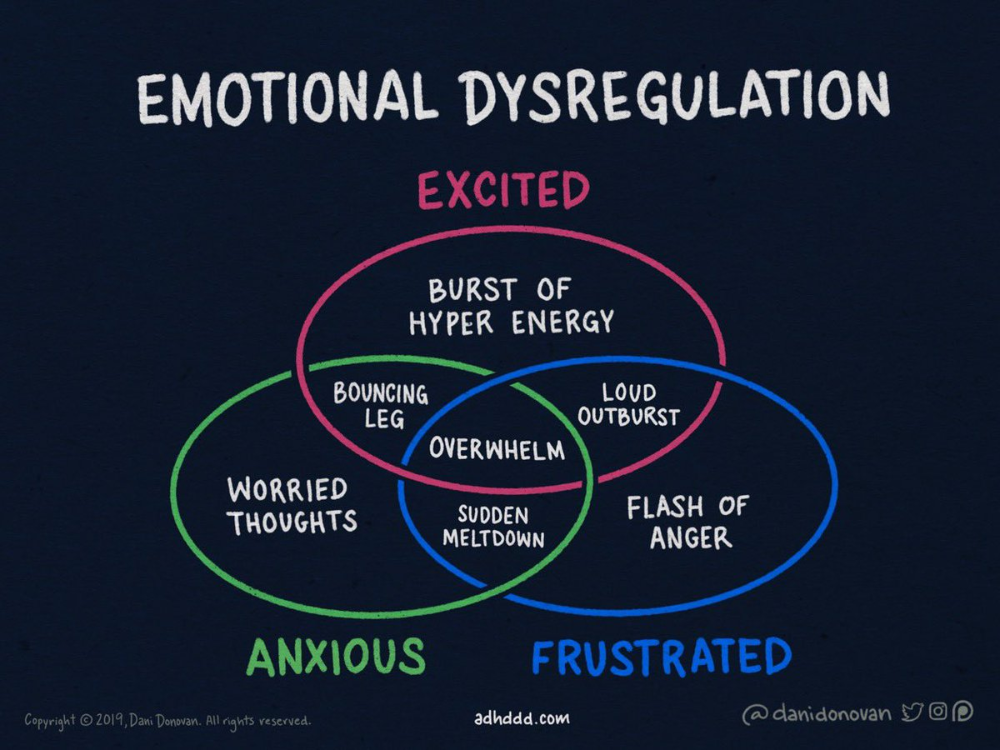 It is from this that countless self-help books try to free us. However, I was interested in the question: why, in principle, fear is such a serious problem for us and why we, Homo sapiens, have become so different from other animals in this respect. To answer these questions, I first looked at my patients. From this began a long journey, deeply immersing me in the history of the formation of today's man. Neuroscience, history, sociology, evolutionary biology, cognitive science, psychoanalysis, and comparative psychology are all involved in this study. The main question of this book is not “what to do with it?” but “how did it happen?”.
It is from this that countless self-help books try to free us. However, I was interested in the question: why, in principle, fear is such a serious problem for us and why we, Homo sapiens, have become so different from other animals in this respect. To answer these questions, I first looked at my patients. From this began a long journey, deeply immersing me in the history of the formation of today's man. Neuroscience, history, sociology, evolutionary biology, cognitive science, psychoanalysis, and comparative psychology are all involved in this study. The main question of this book is not “what to do with it?” but “how did it happen?”.
The inner guard: when to listen to your own fear and intuition
The same scene plays out every day on every corner. I have watched her many times. A child of one or two years old tramples on the sidewalk. A mother is waiting nearby with an empty stroller, obviously ready to return home.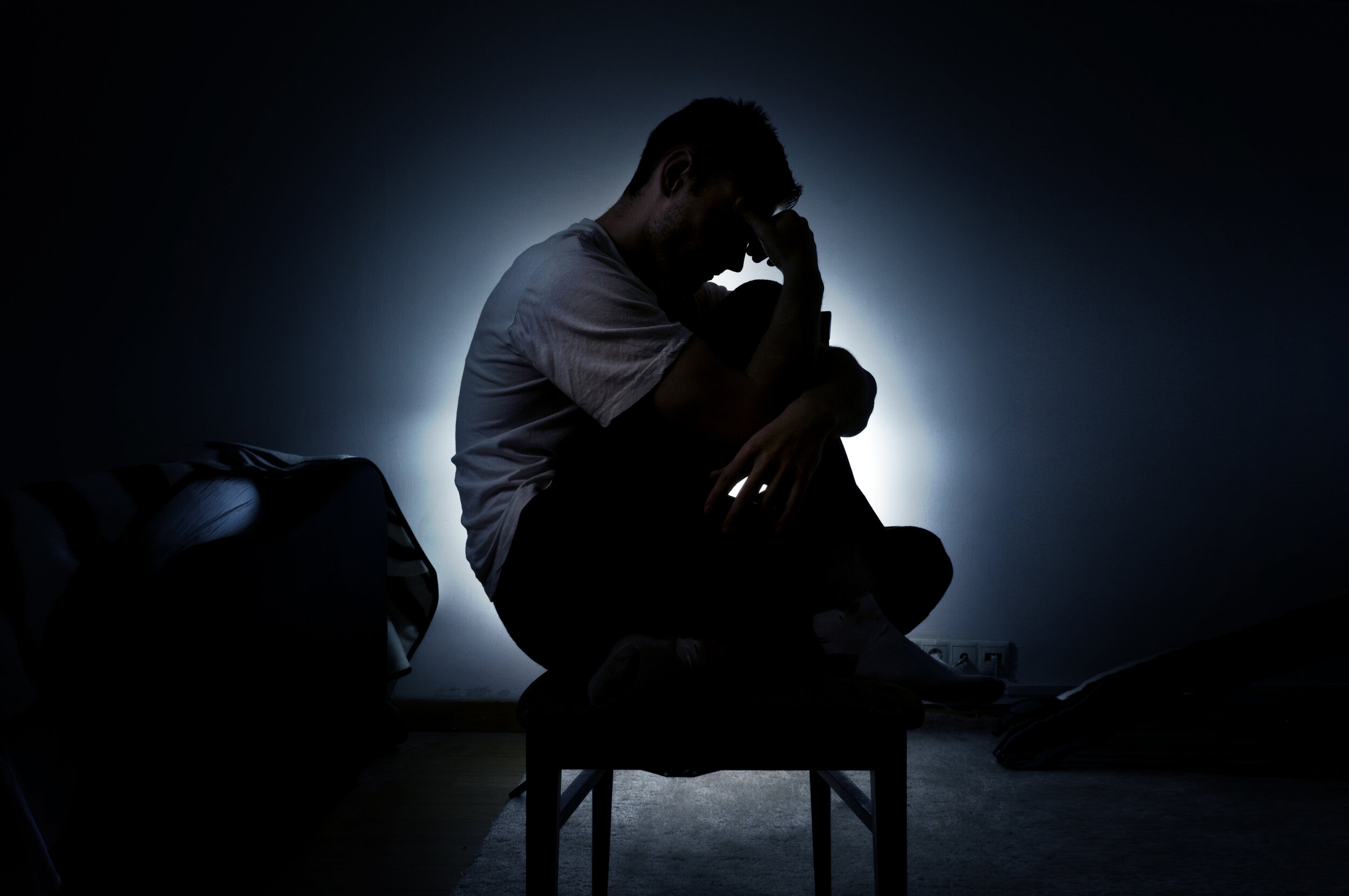 She already said ten times: “Come on, we have to go, we need to go ... well, let's go?” Finally, like a bolt from the blue, the frightening words: "I'm leaving." Just two simple words with their unforgettable eerie melody: "I'm leaving." The child instantly freezes, turns around and looks at the mother, who takes the first step away from him. Without the slightest delay, the child cries out: “No! Wait!" - and runs to her, frightened, pitiful, obedient.
She already said ten times: “Come on, we have to go, we need to go ... well, let's go?” Finally, like a bolt from the blue, the frightening words: "I'm leaving." Just two simple words with their unforgettable eerie melody: "I'm leaving." The child instantly freezes, turns around and looks at the mother, who takes the first step away from him. Without the slightest delay, the child cries out: “No! Wait!" - and runs to her, frightened, pitiful, obedient.
Around this pivotal experience of uncertainty that comes to us very early in brief moments of fear in a relationship, not only our personal psychology is formed, but the very fabric of our society. So much so that such great thinkers as Alan Watts and Paul Tillich have called our time an age of anxiety.
It is estimated that more than 50 million Americans aged 18 to 50, or 19% of the adult population, will be diagnosed with some form of anxiety disorder within a year of their lives. These statistics include generalized anxiety disorder, panic disorder, obsessive-compulsive disorder, phobias, including social phobia and agoraphobia, and post-traumatic stress disorder (PTSD). This proportion, already significant, approaches 31% when considering lifetime statistics. In my opinion, these are almost epidemic figures. When you consider how many of us suffer from high levels of anxiety but fall short of the diagnostic criteria, the data is even more staggering.
These statistics include generalized anxiety disorder, panic disorder, obsessive-compulsive disorder, phobias, including social phobia and agoraphobia, and post-traumatic stress disorder (PTSD). This proportion, already significant, approaches 31% when considering lifetime statistics. In my opinion, these are almost epidemic figures. When you consider how many of us suffer from high levels of anxiety but fall short of the diagnostic criteria, the data is even more staggering.
Obviously, a huge part of our resources, personal and medical, is spent on correcting and eliminating the consequences of anxiety and its root cause - fear. Hospital emergency rooms are overflowing with patients with panic disorder who mistakenly think they are having a heart attack, and the pharmaceutical industry is getting rich on drugs for generalized anxiety.
In addition to these symptoms and costs, there is a less obvious but more detrimental effect that haunts so many of us. Many areas of our life are inaccessible to us because of this fearfulness: our freedom is limited, well-being is undermined, we lose the ability to realize ourselves - to become ourselves or what we want to become. As we will see shortly, one of the particularly unpleasant aspects of fear is its amazing ability to operate in us imperceptibly.
Many areas of our life are inaccessible to us because of this fearfulness: our freedom is limited, well-being is undermined, we lose the ability to realize ourselves - to become ourselves or what we want to become. As we will see shortly, one of the particularly unpleasant aspects of fear is its amazing ability to operate in us imperceptibly.
I have seen this effect of fear in one of my patients, I will call him Tim. When we first met, Tim looked quite prosperous. He was satisfied with his job and was in a serious relationship with a woman he liked; their only conflict was over his lack of ambition. Unlike his girlfriend, Tim was happy with everything, he did not pursue career opportunities and did not look for ways of self-expression - neither personal nor professional. This difference became a source of conflict between them - so serious that a friend took his word to see a psychotherapist and figure out "what's wrong with him."
The Inner Monkey: How Humans Learned to Show Power from Animals
I value creativity and ambition, but I don't think everyone should strive for it.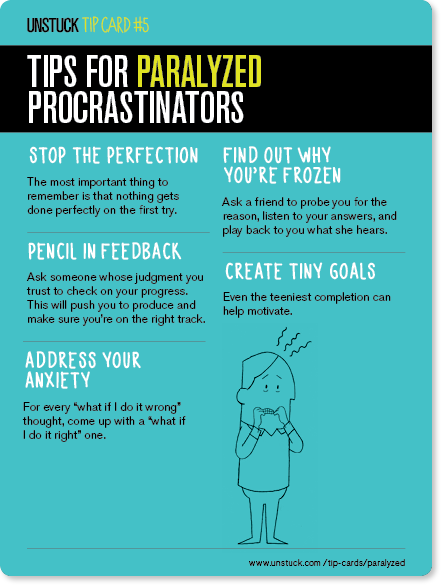 In my opinion, there is nothing pathological about living your modest life quietly and calmly. This, however, is not the same as taking the path of least resistance out of fear.
In my opinion, there is nothing pathological about living your modest life quietly and calmly. This, however, is not the same as taking the path of least resistance out of fear.
All I knew about Tim at that time was that he was not interested in career growth. Tim specifically emphasized in a conversation with me that if he felt such a desire, he would pursue this goal, that is, it is not fear that holds him back - it's all about unwillingness. He said, “What do you want me to do? I just don't want it."
We settled on that until one day Tim admitted to me that he hadn't cried in fifteen years. A wave of sadness and compassion washed over me. He said he forbade himself to cry and it worked. The last time he cried was after a humiliating incident with a girl in high school. Having given time to his pain, we found out that, having stopped his feelings of resentment, he at the same time deprived himself of his desires. It was desire that seemed to get him into trouble. That part of him that sought to protect Tim from future emotional wounds consistently forced him to give up all desires. Fear of resentment, humiliation and pain created a very special protection. This defense remained completely unconscious and, acting invisibly, was extremely effective.
That part of him that sought to protect Tim from future emotional wounds consistently forced him to give up all desires. Fear of resentment, humiliation and pain created a very special protection. This defense remained completely unconscious and, acting invisibly, was extremely effective.
Given the pernicious prevalence of fear in our society, it is perhaps not surprising that we fight fear on all fronts. Personal growth gurus and self-help writers have developed countless systems and programs to overcome vulnerability to fear and anxiety. In every possible way, these guides to the world of personal growth help their clients and readers to face fear and make choices in favor of a whole range of needs, not limited to the need for security.
One of the most unpleasant aspects of fear is its amazing ability to work in us imperceptibly.
Think of Oprah and her walking on hot coals. Although ember walking has been incorporated into the New Age movement, it goes back thousands of years. Similar rituals are woven into Western cultures, from ancient Greece to the United States. Regardless of the physiological component of this phenomenon (which makes it accessible to humans), walking on coals is a ritualized experience that gives the participant a new sense of power over their fear. After walking on hot coals, people report a surge of vitality and a surge in freedom of expression. However, this upgrade is rarely long-term.
Although ember walking has been incorporated into the New Age movement, it goes back thousands of years. Similar rituals are woven into Western cultures, from ancient Greece to the United States. Regardless of the physiological component of this phenomenon (which makes it accessible to humans), walking on coals is a ritualized experience that gives the participant a new sense of power over their fear. After walking on hot coals, people report a surge of vitality and a surge in freedom of expression. However, this upgrade is rarely long-term.
Culture has a variety of forms and ways to temporarily neutralize fears: from feeling proud, when our valor is rewarded with a medal pinned to our chest, to reading books that are in bookstores (both regular and online) in the section “Self-development literature”. The sheer abundance of such publications betrays our passion for courage and fear. Thousands of books annually promise us this relief. If there is one thing that all these books agree on, it is the belief that fear is the cause of the loss of vitality, as well as the lack of self-realization. One gets the impression that overcoming fear is an almost universal tool in Western society. Emmerson himself proclaimed this the recipe for a good life. He wrote: “He has not learned the lesson of life who has not overcome fear every day.” Fearlessness is a commodity we all value. Since the Marjorie Stoneman Douglas school shooting, we have seen firsthand the hideous power of fear to turn a person into a trembling lump. The sight of Officer Scott Peterson, a distinguished officer of the sheriff's department, frozen in front of the entrance to the school where children were being killed at the time was shockingly shameful and at the same time painfully understandable.
One gets the impression that overcoming fear is an almost universal tool in Western society. Emmerson himself proclaimed this the recipe for a good life. He wrote: “He has not learned the lesson of life who has not overcome fear every day.” Fearlessness is a commodity we all value. Since the Marjorie Stoneman Douglas school shooting, we have seen firsthand the hideous power of fear to turn a person into a trembling lump. The sight of Officer Scott Peterson, a distinguished officer of the sheriff's department, frozen in front of the entrance to the school where children were being killed at the time was shockingly shameful and at the same time painfully understandable.
What concerns me about courage and its absence is not so much whether it helps to overcome fear or whether it can be developed in oneself, but why we need it so much. Why has our culture, and countless ones that preceded it, created so many rituals to promote courage? Courage seems to be a bit like a winter coat: it may look quite attractive, but we certainly wouldn't have it if it wasn't for this damn cold.
